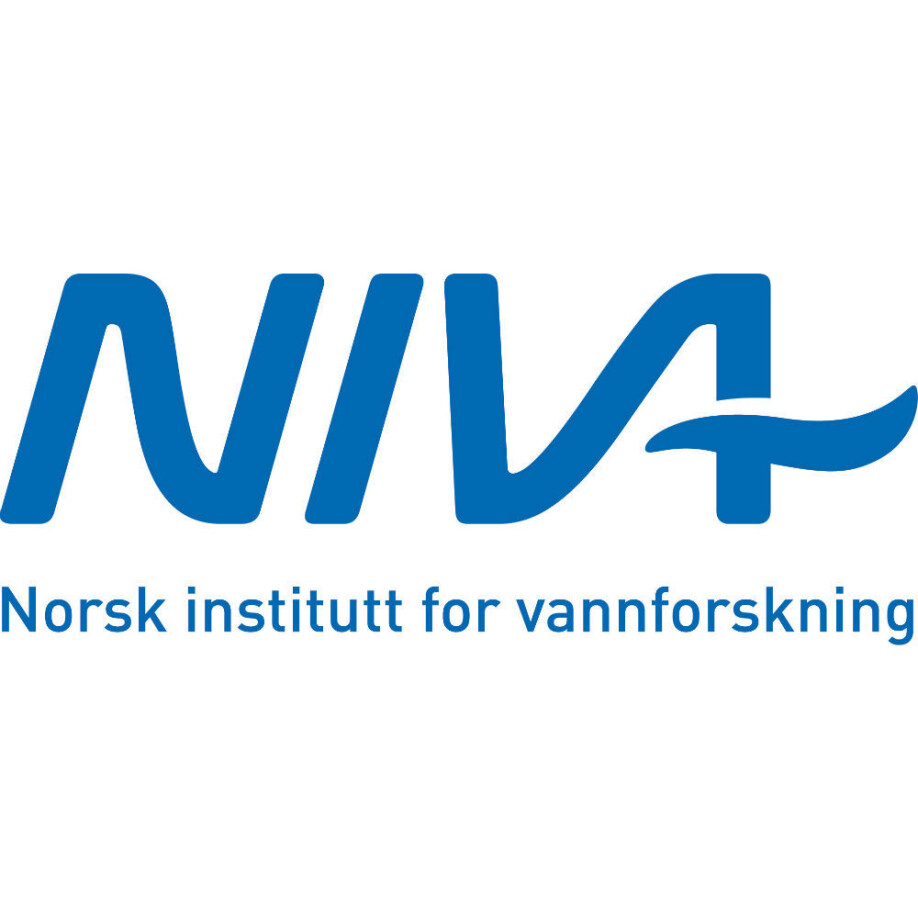Stilling:
3 year PhD position - Freshwater Ecology
Deadline for application: 10/02/2019

Mass development of aquatic macrophytes – consequences of macrophyte removal for ecosystem structure, function, and services.
NIVA, together with the faculty MINA at the Norwegian University of Life Sciences (NMBU) have a vacant 3-year PhD-position within Freshwater Ecology (PhD programme Environmental Sciences), connected to MadMacs, a new international project on the mass development of macrophytes funded by JPI Water.
Supervisors: Susanne Schneider (NIVA and NMBU), Jan Vermaat (NMBU), Thrond Haugen (NMBU), Benoit Demars (NIVA).
Project Description
MadMacs (Mass development of aquatic macrophytes - causes and consequences of macrophyte removal for ecosystem structure, function, and services) is a 3-years project funded by JPI Water, starting in February 2019. MadMacs is led by NIVA, and involves partners from Germany, France, South Africa, Brazil and Norway.
Mass development of aquatic macrophytes in rivers and lakes is a worldwide problem, and substantial resources are spent on macrophyte removal. However, macrophyte stands either quickly grow back, or the removal causes other problems to surface. Macrophyte mass developments have known negative effects, but well-developed macrophyte stands also provide many ecosystem services. These are often poorly known to the public or to water managers.
In collaboration with key stakeholders, we will execute a set of “real-world experiments” in a harmonized BACI design across five countries. Macrophytes will be removed from an area of at least 1000 m2 at each site, and the following parameters will be quantified before and after the removal at control and impact sites: phyto- and zooplankton, benthic algae, macrophytes, macroinvertebrates, fish, nutrient and carbon retention and removal, impoundment, shoreline erosion, as well as relevant ecosystem services related to recreation and water use. We will compare benefits and dis-benefits of macrophyte removal and develop guidelines for the management of water courses with dense aquatic vegetation. The case study in Norway will be the mass development of Juncus bulbosus (krypsiv) in the River Otra.
Main tasks
- To collect and analyse data on phyto- and zooplankton, benthic algae, macrophytes, macroinvertebrates, fish, nutrient and carbon retention, and hydrology at the Norwegian case study site.
- To collect socio-economic, field survey data for the quantification of cultural services at the Norwegian case study site.
- To compile all ecosystem services quantified in biophysical and monetary units for the Norwegian case study.
- To contribute to other case studies located in the MadMacs partner countries.
Academic qualifications
The successful applicant must meet the conditions defined for admission to a PhD program at NMBU. The applicant must have an academically relevant education corresponding to a five-year Norwegian degree program, where 120 credits are at master's degree level. For more detailed information on the admission criteria please see the PhD Regulations and the relevant PhD programme description.
For this position, the successful applicant must have a MSc degree within a relevant scientific area, such as Ecology, Limnology or Natural Resource Management, preferably obtained in the last 5 years. The applicant must be highly motivated to work in an international team and must document expertise and interest in the research subject.
Applications will be evaluated according to the following criteria:
- Field experience from river ecosystems and taxonomic experience in at least one of the organism groups mentioned above.
- Experience in applying multivariate statistical techniques.
- Experience in measuring nutrient and carbon retention in aquatic ecosystems.
- Experience in field questionnaire surveys for ecosystem service quantification.
- Capacity to combine information from widely contrasting disciplinary fields.
Desired personal qualities
Personal characteristics important for the position are:
- Willingness to engage in outdoor field campaigns, including snorkelling, of variable duration under possibly challenging conditions.
- The applicant must hold a valid driving licence (EU) to complete the field-based elements of this PhD.
- Ability to work independently as well as in a complex team with different cultural backgrounds.
- Ability to maintain a focused and structured work attitude.
- Applicants must have excellent written and spoken English skills.
NIVA and NMBU offer:
- Work in an interdisciplinary and international MadMacs team.
- Collaboration between a private research institute and an academic institution; the successful applicant will have working places both at NIVA and NMBU
- A strong focus on environmental sciences and dedication to professional development, dissemination and competence.
- Interdisciplinary and inclusive environments that offer exciting research and development opportunities.
- Attractive combination of rural surroundings (Ås) with Norway’s capital (Oslo).
Applications should include (electronically) a letter of intent, curriculum vitae, full publication list, copies of degree certificates and transcripts of academic records (all certified), and a list of two persons who may act as references (with phone numbers and e-mail addresses). Publications should be included electronically within the application deadline. If it is difficult to judge the applicant’s contribution for publications with multiple authors, a short description of the applicant’s contribution must be included.






